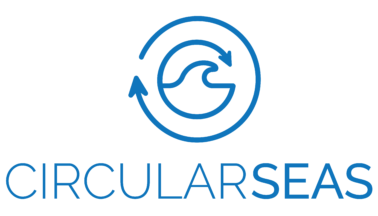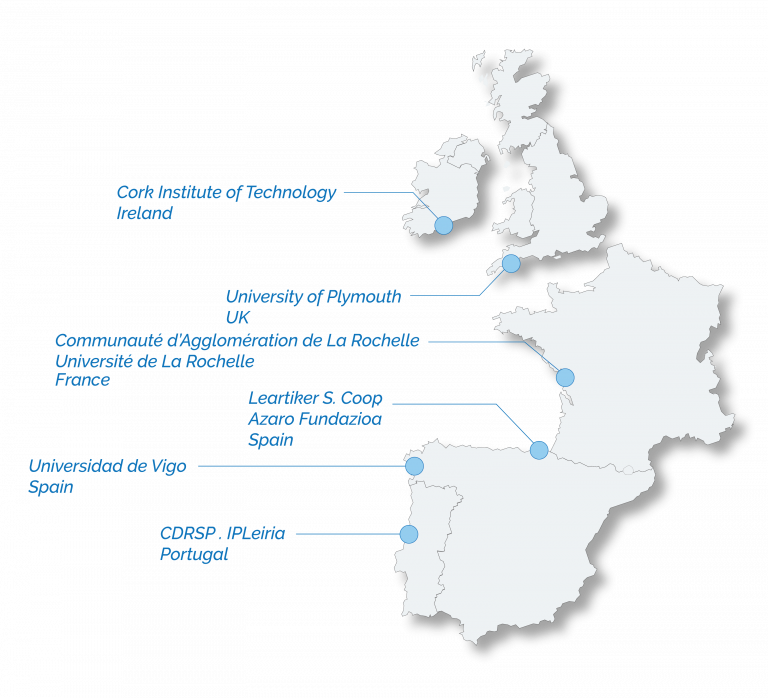
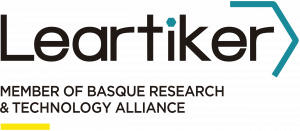
LEARTIKER - Lead Partner
We are a highly skilled team of internationally recognized researchers devoted to research, technological development and innovation and specialized in Polymer Technology and Food Technology. We belong to the Basque Science and Technology Network (RVCTI).
Located in Markina-Xemein innovation centre in Biscay, we accompany businesses in developing new products, advising and supporting them to find new business opportunities as well as to improve and diversify their products. We have top infrastructures that enable us to guarantee our customers the best service compound with the highest quality in the processes, banking on personalized monitoring of each project.

LEARTIBAI FUNDAZIOA
LeartibaiFundazioa is an organisation whose goal is to promote the creation of new businesses and improve the competitiveness of business fabric in its immediate surroundings, preferably in the Lea Artibai region.
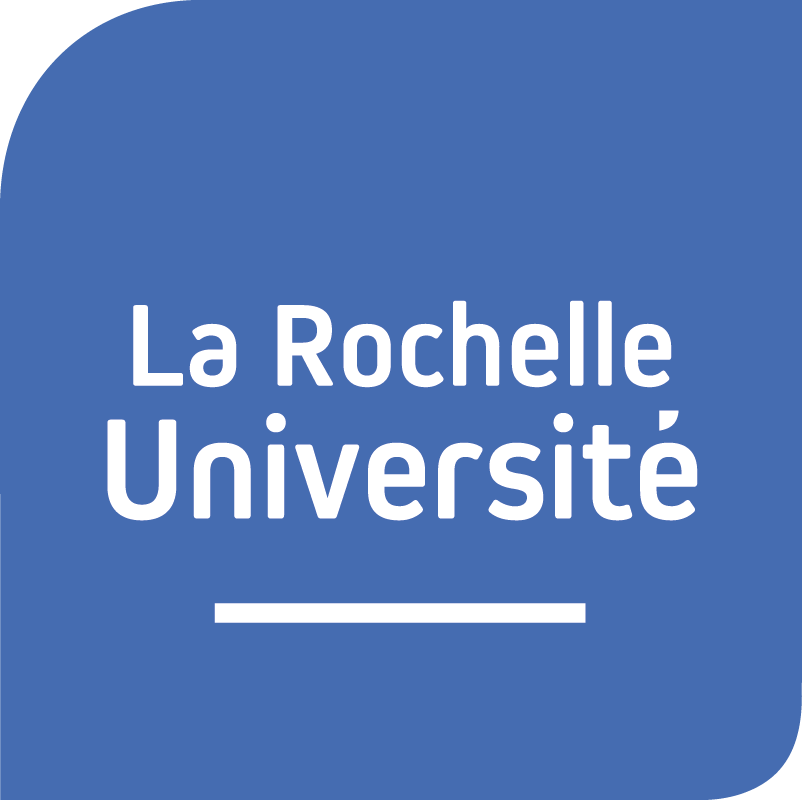
UNIVERSITÉ LA ROCHELLE
Created in 1993, La Rochelle University is one of the youngest in France. It welcomes its 8,860 students in 3 faculties (Faculty of Law, Political Science and Management, Faculty of Literature, Languages, Arts and Humanities, Faculty of Science and Technology), 1 University Institutes of Technology, and 1 management school. This human-sized university offers nationally recognised multidisciplinary courses (73 degrees), with an approach focused on each student's project. La Rochelle University favours complementarity and interdisciplinarity around major societal challenges, while strengthening its scientific excellence in disciplinary fields for which it is recognised through its laboratories. La Rochelle University has 10 laboratories working on the challenges facing society, such as the environmental transition, the energy transition and the digital transformation. The institution is mobilised, positioned, known and recognised at the highest national and international level, in training and research, following disciplinary and multidisciplinary approaches around the "Smart Urban Coastal Sustainability". Building on its specialisation, La Rochelle University has been coordinating since 2019 the European University EU-CONEXUS, which brings together Romanian, Spanish, Greek, Croatian, Lithuanian, German, Irish and Cypriot institutions.

COMMUNAUTÉ d'AGGLOMÉRATION LA ROCHELLE
Located between Nantes and Bordeaux, on the French Atlantic coast, La Rochelle Urban Community (CdA-LR) is a public establishment for inter-municipal cooperation which brings together 28 municipalities and aims to draw up "common development projects within its solidarity perimeter".
As such, CdA-LR is both a political and an administrative body which exercises compulsory and optional powers, in place of its 28 member municipalities. Its competencies are exercised in various fields, addressing the needs of the citizens (169 000 inhabitants), businesses (12 655 firms) and other public and private organizations of the territory: economic development and employment; higher education ; town planning, transport and mobility, social balance of housing, water production and treatment, waste management, environment and quality of life,…
With its 70 km of coastline, this medium-sized conurbation is shaped by the land/ocean interaction and its infrastructure and port facilities are recognized at the national, european and international levels:
- a marina, the largest in Europe (5,047 berths /70 hectares)
- a commercial port, the 6th largest French Maritime Port (total traffic 2018 : 9.6 Mt)
- a fishing port, offering a 10-hectare deep-water basin and a real multi-service and logistics platform with a surface area of 22,000 m² fully equipped for sea professionals.
Apart from hosting a dynamic and emblematic nautical sector, CdA-LR also comprises fishing and marine farming areas. The environmental axis of the FLAG (Fishery Local Action Group) CdA-LR is currently leading includes plans to preserve marine ecosystems, promote innovative sectors responding to new environmental challenges, recycle and recover waste from shellfish farming and fishing.
Indeed, sustainable development is part of the culture and values of La Rochelle urban community, which has made it a priority as from the 1970s and engaged in 2017 in a project of sober, creative and inclusive territory. CdA-LR was nationally awarded in September 2019 for its project "La Rochelle Territoire Zéro Carbone" (LRTZC). One of the strong points of this ambitious process and roadmap to the CircularSeas project is to support of economic stakeholders in the ecological transition by deploying circular economy approaches, resulting in an optimal management of energy and materials.

CDRSP - IPLEIRIA
The mission of the Centre for Rapid and Sustainable Product Development (Centro para o Desenvolvimento Rápido e Sustentado de Produto – CDRSP) of the Polytechnic Institute of Leiria (IPLeiria) is to contribute to scientific and technological development, leading to new products, materials and processes that are more fitted, more effective and more efficient, contributing to a generation of added value to the industry and promoting the conscience of the importance and of the role of the rapid and sustainable product development in the society. In order to accomplish this mission, the CDRSP-IPLeiria leads scientific and technological research and promotes dissemination, training and consultancy actions in strategic areas of product development.
The aim of the strategic research programme is to consolidate and reinforce the national and international position of the CDRSP-IPLeiria as a leading research group in the field of Multiscale Direct Digital Manufacturing based on Additive Manufacturing, moving towards the fully integrated concept of added-value manufacturing. This is possible due to the multidisciplinary nature of the CDRSP Research Team, comprising researchers from different scientific backgrounds. The main Scientific Research Areas of CDRSP-IPLeiria lays on Additive Manufacturing, having a focus on 60% of applied research and 40% of basic research. To do so, the development of Additive Manufacturing is supported by 3 core interconnected scientific pillars: (i) Geometry and topology/Computer simulation (ii) Advanced materials; and (iii) Novel manufacturing processes.
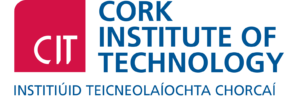
CORK INSTITUTE OF TECHNOLOGY
Cork Institute of Technology opened in 1973, comprising two constituent faculties and three constituent colleges. The constituent faculties are Engineering and Science, and Business and Humanities. The constituent colleges are the CIT Crawford College of Art and Design, the CIT Cork School of Music and the National Maritime College of Ireland, Ringaskiddy.
Research is at the core of CIT activities. Within the institutes faculties and colleges, are a number of specialised research centres namely Nimbus, CAPPA, V-LINC, The Rubicon and Halpin Centres for research and innovation. Nimbus Centre is focussed on embedded systems research and operate as part of the Engineering faculty of the institute. The Rubicon Centre operates as a business incubation centre and is home to 57 knowledge based start-up companies with clients based at the Rubicon at different stages of development, from concept stage to completing their first customer orders and many are already trading on the International Market. The National Maritime College (NMCI) specifically focused on maritime and nautical training is the first third level college built in Ireland under the Government’s Public-Private Partnership (PPP) scheme. In this case, the public partners are the Cork Institute of Technology and the Irish Naval Service and the private partner is Focus Education. The Halpin Centre for Research and Innovation operate from NMCI and are the maritime research branch of CIT. Blackrock Castle Observatory also within CIT are the Astronomy and Physics Instrumentation research group. All research centres and groups of postgraduate and doctorate researchers within CIT have shown through state of the art technology development, innovative business incubation and creation combined with top tier physical and biological science research, to be highly successful in attracting significant project grant funding across various European Commission funded research schemes. This has led to recent successes in the approval for rebranding and reclassification of CIT as a Technological University, which will further elevate and enhance the research capacity of the centres and faculties within. The scope of national and international research conducted at CIT will be further enhanced as it will merge with Institute of Technology Tralee and amalgamate its expertise in research areas like health and social sciences, engineering and computing.
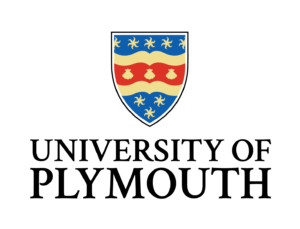
UNIVERSITY OF PLYMOUTH
The University of Plymouth is a public university based predominantly in Plymouth, England where the main campus is located, but the university has campuses and affiliated colleges across South West England. With 19,645 students, it is the 38th largest in the United Kingdom by total number of students (including the Open University). It has 2,915 staff.
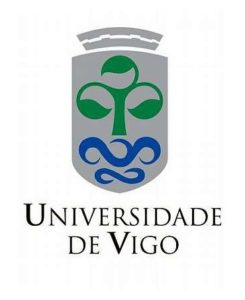
UNIVERSIDAD DE VIGO
The Universidade de Vigo is a young and dynamic institution that offers a wide range of training programs in the three specialized and innovative campuses that make it up.
We are present in the municipalities of Ourense, Pontevedra and Vigo with three specialized campuses where you will find more than 30 centers for training and research, as well as facilities for sports and leisure, with a continuous cultural program. We also have the Campus of International Excellence Campus do Mar lead by the University of Vigo and which adds more than 3000 researchers, forming a cross-border network of research and knowledge with the sea as a driving force.
